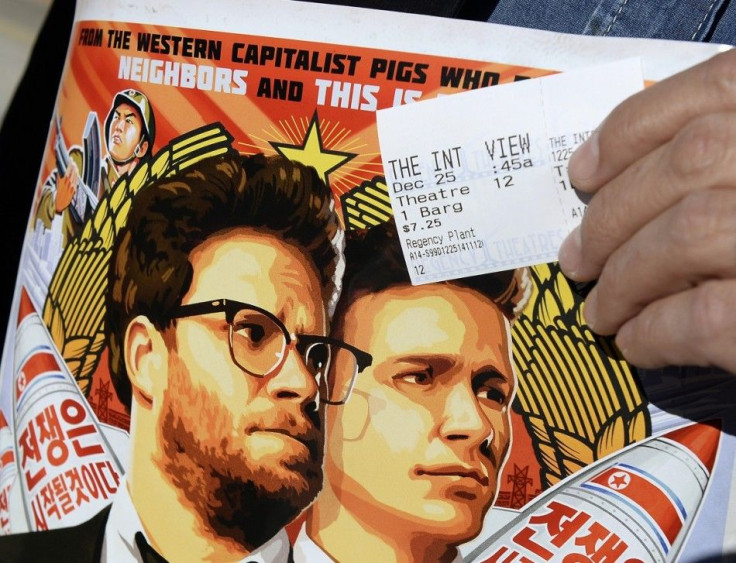Sony Pictures Entertainment Hack: Russia Sides With North Korea, Says U.S. Threat ‘Counterproductive’

North Korea’s anger over “The Interview” was “quite understandable,” Russia said, offering its sympathy to the reclusive Asian nation. Russian Foreign Ministry spokesman Alexander Lukashevich also blasted the U.S. for its threats of retaliation over the Sony Pictures Entertainment hack.
The U.S. blames North Korea for the allegedly being behind the massive cyber attack on the film studio. The hackers, who call themselves the Guardians of Peace, released online sensitive documents containing private emails of the executives and information on the past and current employees of the company, as well as some of its still unreleased films. They also threatened violence if the company would release the comedy “The Interview,” starring Seth Rogen and James Franco, and which sees the assassination of North Korean supreme leader Kim Jong-un.
North Korea has denied the hacking, but praised the act as a “righteous deed.” It offered to help with the investigation, but warned that the U.S. should accept it. The U.S. is still adamant that North Korea ordered the cyber attack. Now, Russia has weighed in, offering its sympathy to North Korea and criticising U.S. for threatening the other nation.
“We perceive the U.S. threats to take revenge and calls on other nations to condemn the Democratic People’s Republic of Korea as absolutely counterproductive and dangerous, as they only would add tensions to the already difficult situation on the Korean Peninsula and could lead to further escalation of conflict,” Lukashevich said.
He also condemned “The Interview,” saying that the anger of North Korea is “quite understandable” because the concept of the film is “so aggressive and scandalous.” Russia has commended North Korea’s “sincere” effort to help the U.S.
Meanwhile, Sony Pictures has released “The Interview” online. It has initially announced that it would not be releasing the comedy after GoP threatened violence against moviegoers, saying the company could not find a theatre that wanted to release it. However, the film company found a way to let people watch the controversial film through the Internet. The film was released on YouTube, Xbox Video and Google Play in the U.S. on December 24.





















